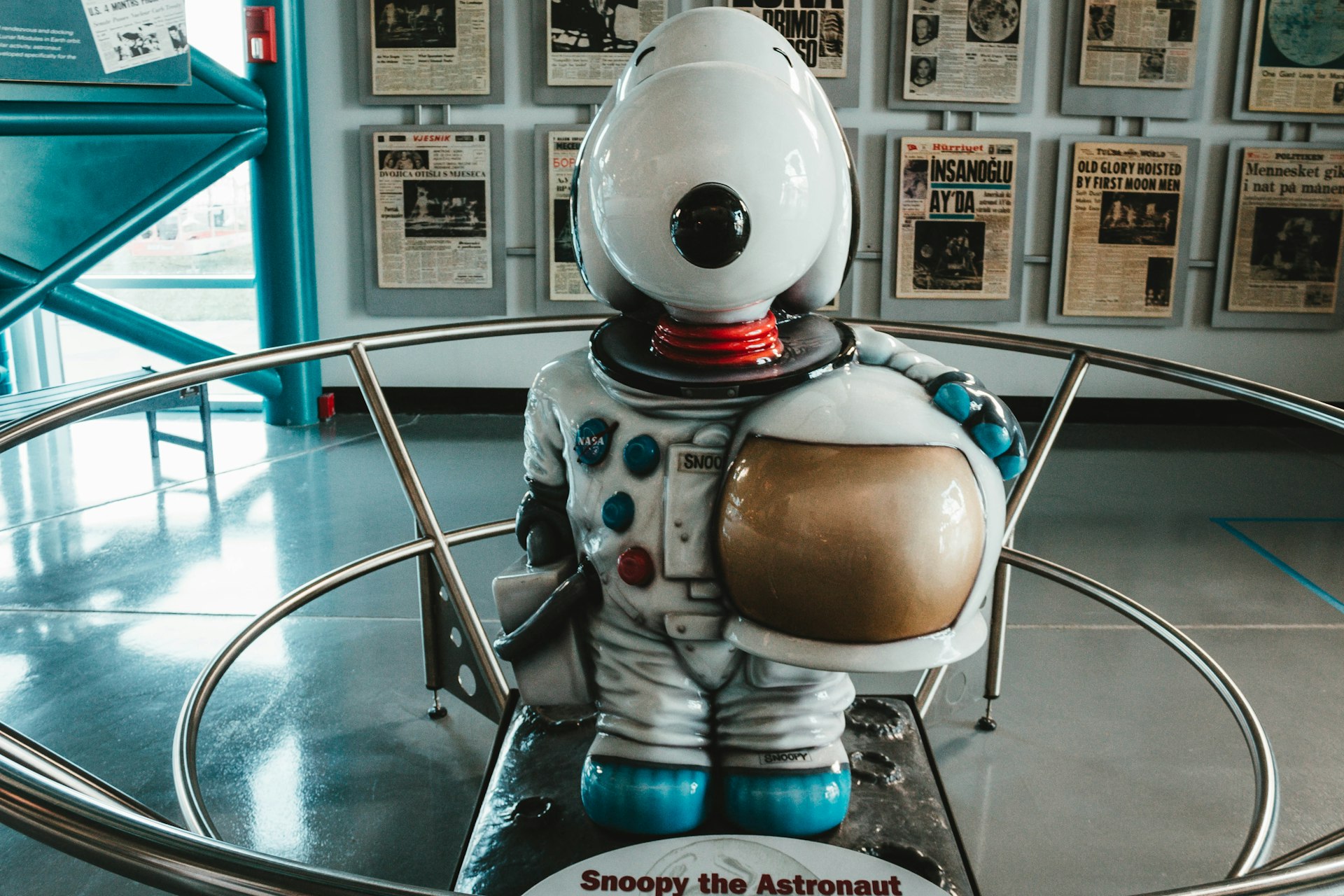Navigating the Ethical Challenges of Space Exploration and Tourism


Photo by Aditya Vyas on Unsplash
Introduction
Space exploration tourism is rapidly progressing from science fiction to reality, with private companies like SpaceX, Blue Origin, and Virgin Galactic offering journeys beyond Earth’s atmosphere. This new frontier brings unique ethical challenges, especially as demand for space travel among wealthy individuals grows. The implications of these ventures extend far beyond the immediate thrill of adventure, affecting environmental sustainability, social equity, and the long-term stewardship of both Earth and outer space. This article explores the major ethical considerations and provides actionable guidance for individuals and organizations navigating this emerging field.
Environmental Impact: The Carbon Cost of Adventure
One of the most pressing ethical concerns associated with space tourism is its environmental impact . Rocket launches emit substantial quantities of carbon dioxide, black carbon (soot), nitrogen oxides, and other pollutants directly into the upper atmosphere. Unlike traditional aviation emissions, these pollutants are released in atmospheric layers that are rarely affected by other human activities, compounding their potential for harm. Scientific studies indicate that the black carbon from rocket launches can have a warming effect 500 times more intense than similar emissions at ground level, posing a significant threat to both the ozone layer and global climate systems [2] .
Furthermore, as space tourism grows, the risk of space debris increases. The accumulation of orbital junk threatens satellites and future missions, compounding environmental and operational hazards [1] . Although the overall carbon footprint of space tourism is currently smaller than that of commercial aviation, its per-person impact is enormous and likely to grow with market expansion [5] .
Real-World Example
Richard Branson’s Virgin Galactic flight left behind significant soot in the upper atmosphere. Because these layers are rarely affected by other pollutants, the consequences are largely unknown but potentially severe [3] .
Implementation Guidance
If you are considering participation or investment in space tourism, inquire about the company’s sustainability practices. Ask about fuel efficiency, carbon offset programs, and measures to reduce debris. Where possible, support organizations developing cleaner rocket technologies or advocating for stricter launch regulations. For those seeking to understand the environmental risks, reputable environmental organizations and scientific journals offer ongoing research and recommendations.
Equity and Access: Who Gets to Go?
Space tourism is, for now, accessible only to a very small elite. Prices range from $250,000 for suborbital trips to $55 million for stays on the International Space Station [2] . This raises questions about social justice and fairness. Is it ethical to devote vast resources to private space tourism while pressing needs on Earth remain unmet? Critics argue that such adventures may ultimately benefit only the wealthy, leaving environmental and societal costs for everyone else [3] .
Practical Alternatives
For individuals and organizations interested in supporting equitable space exploration, consider advocating for educational outreach and scholarship programs in STEM fields. Some non-profit organizations and space agencies offer student competitions, internships, and public engagement initiatives that share the benefits of space science more widely. Search for official programs through NASA, the European Space Agency, or your national space agency, and encourage private space companies to develop public access or science outreach missions.
Space Environmental Ethics: Stewardship Beyond Earth
The field of Space Environmental Ethics provides a philosophical and practical framework for minimizing harm to extraterrestrial environments. This includes considering the impact of human activity on celestial bodies, potential extraterrestrial life, and the preservation of space as a shared resource [4] . The principle of non-harm is central: minimize human-induced changes unless absolutely necessary and ensure that economic gains do not come at the expense of space’s pristine nature.
Implementation Steps
Organizations involved in space commercialization should integrate environmental risk assessments and ethical reviews into mission planning. This may involve:
- Developing and enforcing strict protocols for debris management and contamination avoidance
- Consulting with independent environmental ethicists
- Participating in or supporting international regulatory discussions
Individuals can stay informed by following updates from the United Nations Office for Outer Space Affairs (UNOOSA) and professional associations dedicated to space ethics and environmental stewardship.
Regulation, Safety, and Policy Gaps
Unlike the airline industry, which is highly regulated and standardized, space tourism currently operates in a regulatory gray area. There are few universally accepted laws or safety standards governing commercial space travel, leaving much of the responsibility to private organizations [5] . Historically, spaceflight has been risky, with a 3% fatality rate among professional astronauts. As space tourism grows, the industry must address safety, liability, and insurance standards to protect passengers and the public.
Practical Steps
If you are considering space tourism, request detailed information about safety records, training programs, and insurance policies from the provider. For policymakers and advocates, engage with international forums and encourage the development of binding safety regulations and sustainability standards. As the sector evolves, join or support industry groups calling for transparent safety reporting and environmental accountability.

Photo by NASA on Unsplash
Making Ethical Choices: Actions for Individuals and Organizations
Ethical space tourism is not just about minimizing harm, but actively contributing to the responsible development of the industry. Here are ways you can make a difference:
- Ask questions: Before booking or investing, inquire about sustainability, equity, and safety.
- Support innovation: Choose companies that are transparent about their environmental impact and are actively working on cleaner technologies.
- Advocate for equity: Support scholarships, outreach, and public engagement in space science and technology.
- Stay informed: Follow updates from leading space agencies and independent watchdogs to understand the evolving landscape.
- Participate in dialogue: Join public forums, industry groups, or citizen science projects focused on space ethics and sustainable exploration.
When official resources or links are needed, search for reputable agencies such as NASA, the European Space Agency, or the United Nations Office for Outer Space Affairs. For regulatory updates, refer to your national space agency or government science and technology departments.
References
- [1] Longdom (2022). The Ethical Implications of Space Tourism.
- [2] Carbon Market Watch (2024). Billionauts’ space tourism and Mars fantasies need to be pulled back to earth.
- [3] Seaside Sustainability (2023). The Environmental Impacts of Space Travel.
- [4] Meegle (2024). Space Environmental Ethics.
- [5] Space Generation Advisory Council (2023). Space Tourism: A Closer Look on Safety Sustainability.




